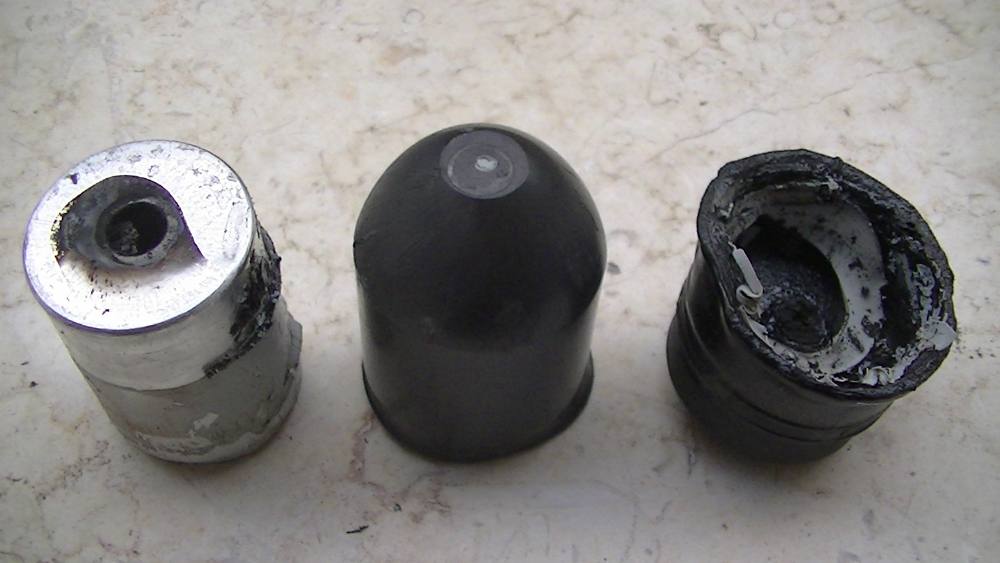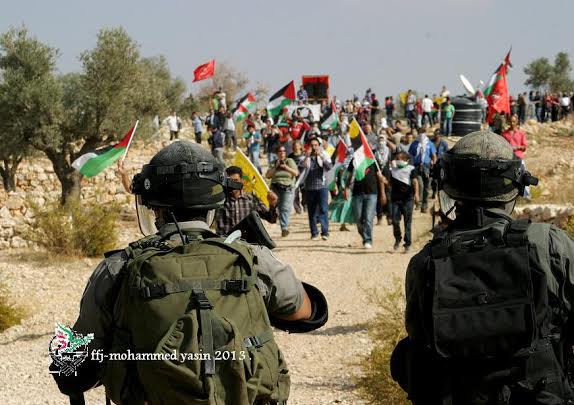Tag: Demonstration
-
Photos of Israeli tear gas canisters fired at Palestinian demonstrators in the Gaza ‘buffer zone’
17th November 2013 | Corporate Watch, Tom Anderson and Therezia Cooper | Gaza, Occupied Palestine On 2nd November 2013 Israeli forces fired tear gas at Palestinians demonstrating in the Gaza buffer zone East of Gaza City, by the Nahal Oz checkpoint. A report of the demonstration by an eyewitness can be viewed here. Pictures of one of the…
-
Several injuries during Bi’lin weekly demonstration
16th October 2013 | Friends of Freedom and Justice | Bil’in, Occupied Palestine Yesterday during the weekly Bi’lin demonstration, an Egyptian photographer was injured after being shot by a tear gas canister in his back, Ismaeil Mohamed Abu Rahma (17-years-old) was shot by three rubber bullets in his back and Mohamed Hamed (21-years-old) suffered from tear gas…
-
Israeli army assaults Arafat memorial march
12th November 2013 | International Solidarity Movement, Nablus Team | Kafr Qaddum, Occupied Palestine The residents of Kafr Qaddum held their annual anniversary demonstration marking Yasser Arafat’s death, despite strong repression from the Israeli army. At approximately 2:30 pm, Palestinian demonstrators and international activists assembled in front of the illegal settlement of Qedumim. After about 30 minutes, the…



